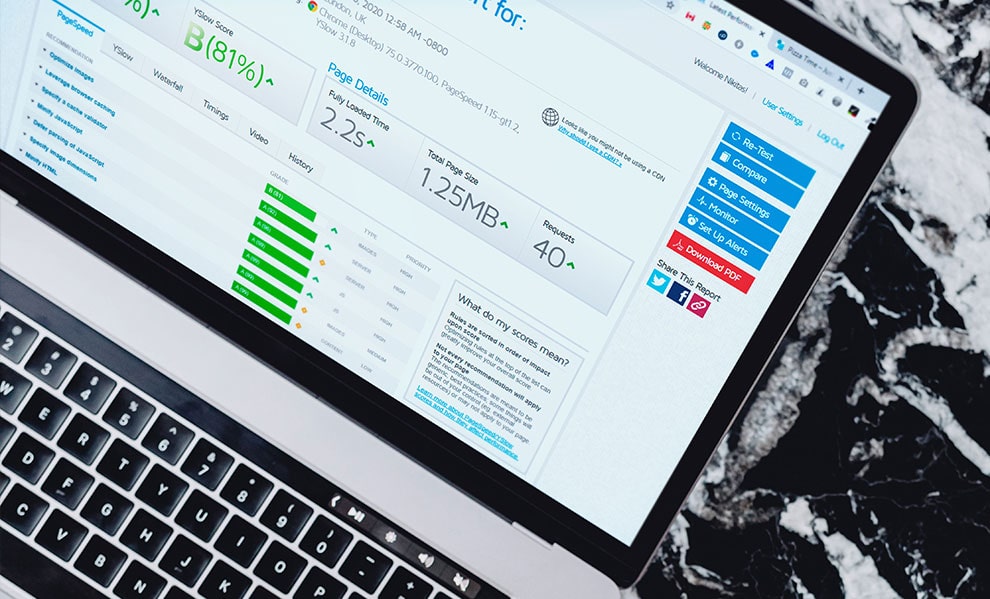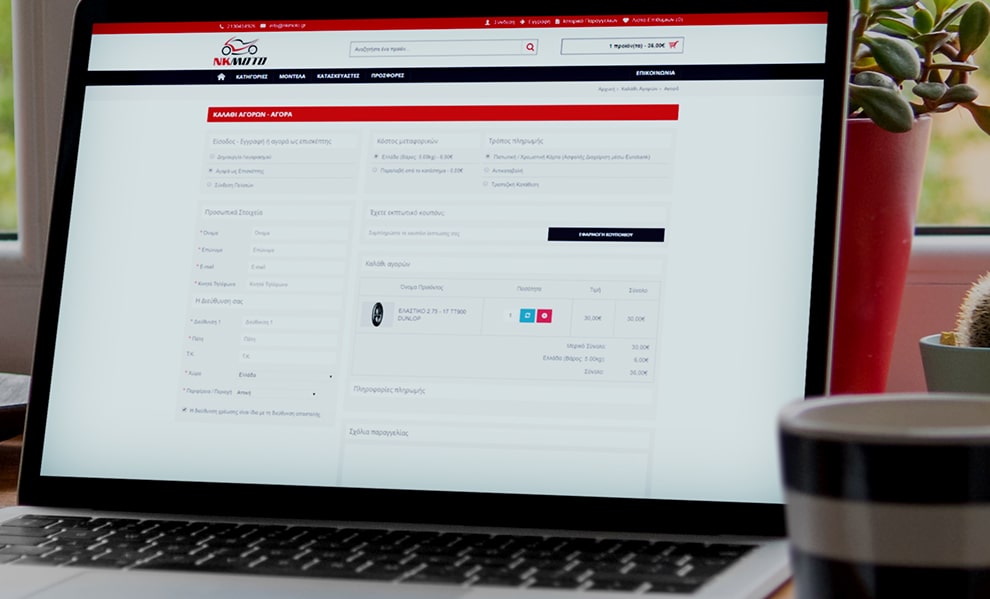
In the modern era of digital commerce, the development of efficient and flexible B2B platforms is a critical component of every business’s success. B2B platforms are not just digital sales channels but strategic tools that enable effective interaction and collaboration between businesses. By integrating advanced technologies and focusing on providing tailored solutions, B2B platforms are designed to meet the complex needs of modern businesses while offering a seamless and efficient user experience.
In this section, we will examine the key elements and challenges associated with the development and management of B2B platforms, as well as the strategies that drive their success. From ERP system integration and customer-specific offer customization to the adoption of omnichannel approaches and the implementation of advanced security features, we will analyze the factors that make B2B platforms essential for business growth and the efficient management of transactions between enterprises.

The B2B platform is developed with a primary focus on efficiency and speed, making it a powerful and user-friendly tool for resellers. The system is designed to be easy to use while being robust enough to handle large volumes of information and transactions effectively.

The integration with the company’s ERP ensures that all data is up-to-date and synchronized in real time. This allows for accurate tracking of inventory, pricing, and orders, reducing the margin of error and improving efficiency.

B2B platform provides personalized access to customers based on the business’s approvals and preferences. Customers can view special prices and offers tailored to their needs, enhancing their experience and the platform’s efficiency.

The platform provides customers with a comprehensive dashboard for managing their orders and history, as well as information on their current balance. The credit limit control feature helps prevent excessive orders.

The integration of B2C e-shop capabilities within the B2B context provides a flexible and multifunctional solution. This allows the business to serve different types of customers with varying needs and preferences.

The ability to create different customer groups allows the business to better manage discounts, pricing policies, and other offers based on the customer type.

The platform supports various payment methods, offering flexibility and security in transactions. This increases customer trust and enhances the overall shopping experience.

B2B platform is hosted on reliable servers, ensuring high speed and security. Continuous technical support guarantees smooth operation and immediate resolution of potential issues.

The platform includes authentication tools for customers and offers advanced management capabilities for customer categories. It also features discounts and reward programs to enhance sales growth.
Concluding this analysis of B2B platforms, it is clear that they are a crucial tool for the modern business. Combining speed, ease of use, and adaptability, these platforms facilitate stronger business partnerships and improve transaction efficiency. Their continuous evolution promises to be decisive for the competitiveness and success of businesses in the future.
We use cookies to enhance your experience. By continuing to visit this site you agree to our use of cookies.